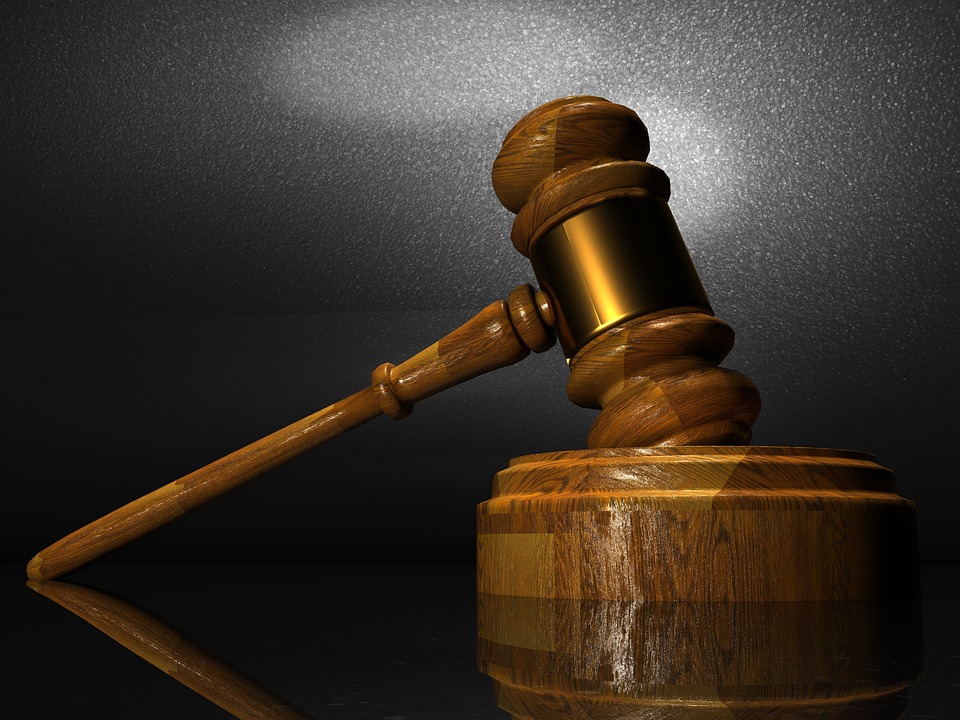
Navigating the Legal Maze: A Guide to Finding the Right Attorney
Navigating the Legal Maze: A Guide to Finding the Right Attorney
Introduction:
Finding the right attorney can be a daunting task, especially when faced with the complexities of the legal system. Whether you are seeking legal advice, representation in court, or assistance with a specific legal matter, it is crucial to choose an attorney who is knowledgeable, experienced, and compatible with your needs. In this comprehensive guide, we will explore the important factors to consider and provide valuable insights to help you navigate the legal maze successfully.
Understanding the Legal Maze:
The legal system can often feel like a maze, filled with intricate rules, procedures, and terminology. It is essential to gain a basic understanding of the legal landscape before embarking on your journey to find the right attorney. Familiarize yourself with common legal terms, such as plaintiff, defendant, evidence, and jurisdiction, to ensure effective communication with your attorney and a better grasp of your legal situation.
Determining Your Legal Needs:
Before you start searching for an attorney, it is crucial to identify your specific legal needs. Are you facing a criminal charge? Do you need assistance with a personal injury claim? Are you seeking legal advice for a business matter? Understanding the nature of your legal issue will help you narrow down your options and find an attorney who specializes in the relevant area of law. This specialization ensures that your attorney possesses the necessary expertise to handle your case competently.
Researching Attorneys:
Once you have determined your legal needs, it is time to embark on thorough research to find potential attorneys. Start by seeking recommendations from trusted sources, such as friends, family, or colleagues who have had positive experiences with attorneys in the past. Online resources, such as legal directories and professional associations, can also provide a wealth of information to aid your search.
Consider reading online reviews and testimonials to gauge the reputation and quality of service provided by each attorney on your list. Look for attorneys who have a track record of success in cases similar to yours, as this indicates their proficiency in handling similar legal matters.
Consultations and Interviews:
After narrowing down your list of potential attorneys, it is crucial to schedule consultations or interviews to assess their suitability further. Many attorneys offer initial consultations free of charge, allowing you to discuss your case and evaluate their expertise and compatibility. Prepare a list of questions beforehand to ensure you cover all necessary aspects.
During the consultation, pay attention to the attorney’s communication style, willingness to listen, and ability to explain complex legal concepts in a way that you can understand. A good attorney should be patient, empathetic, and responsive to your concerns. Additionally, inquire about their availability, fee structure, and potential conflicts of interest.
Frequently Asked Questions (FAQs):
Q: How do I know if an attorney is qualified?
A: To assess an attorney’s qualifications, look for indicators such as their educational background, years of experience, and any certifications or accolades in their area of specialization. Additionally, check if they are licensed to practice law in your jurisdiction.
Q: What should I consider when evaluating an attorney’s experience?
A: When evaluating an attorney’s experience, consider the number of years they have been practicing, their success rate in similar cases, and any notable settlements or verdicts they have achieved. Experience in dealing with complex legal matters is crucial to ensure effective representation.
Q: What are some red flags to watch out for when choosing an attorney?
A: Red flags to watch out for when choosing an attorney include a lack of transparency regarding fees, poor communication, unprofessional behavior, and a disregard for ethical standards. Trust your instincts and avoid attorneys who exhibit these warning signs.
Q: Should I hire an attorney based solely on their success rate?
A: While a high success rate can be indicative of an attorney’s competence, it should not be the sole determining factor. Consider other aspects, such as their communication skills, compatibility with your needs, and their ability to understand and address your concerns effectively.
Conclusion:
Navigating the legal maze to find the right attorney requires careful consideration and research. By understanding your legal needs, conducting thorough research, and conducting consultations, you can make an informed decision and choose an attorney who will provide the best possible representation. Remember, it is essential to establish a strong rapport and trust with your attorney, as they will be your advocate throughout the legal process.
For further information on finding the right attorney, you may find this helpful guide on “Navigating the Legal Maze: A Guide to Finding the Right Attorney” useful. It provides additional insights and resources to aid you in your search.
[External Link: “Navigating the Legal Maze: Tips for Finding the Right Attorney”](www.examplelink.com)